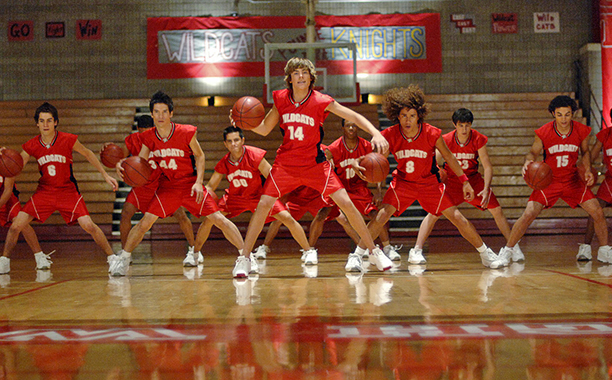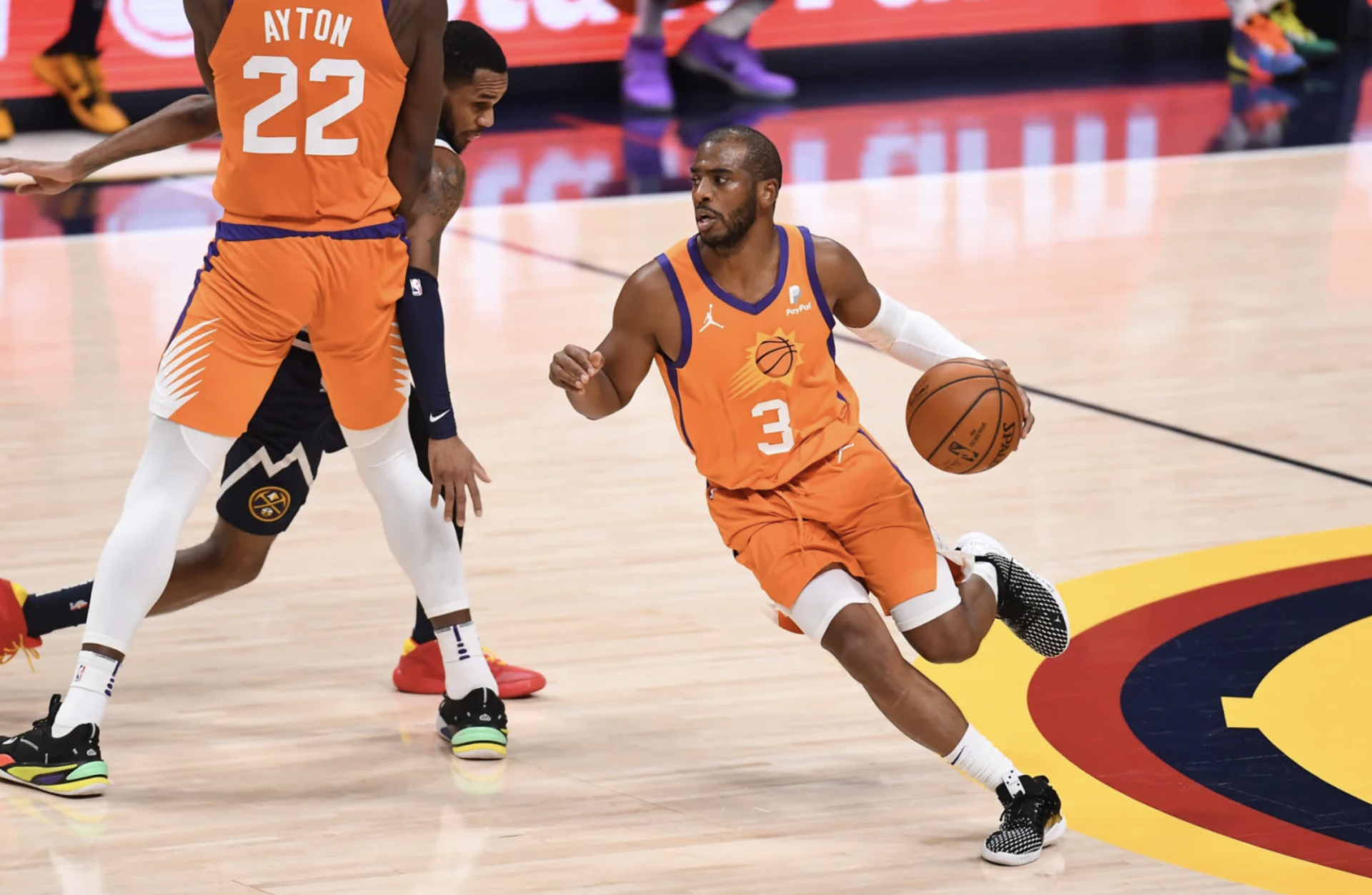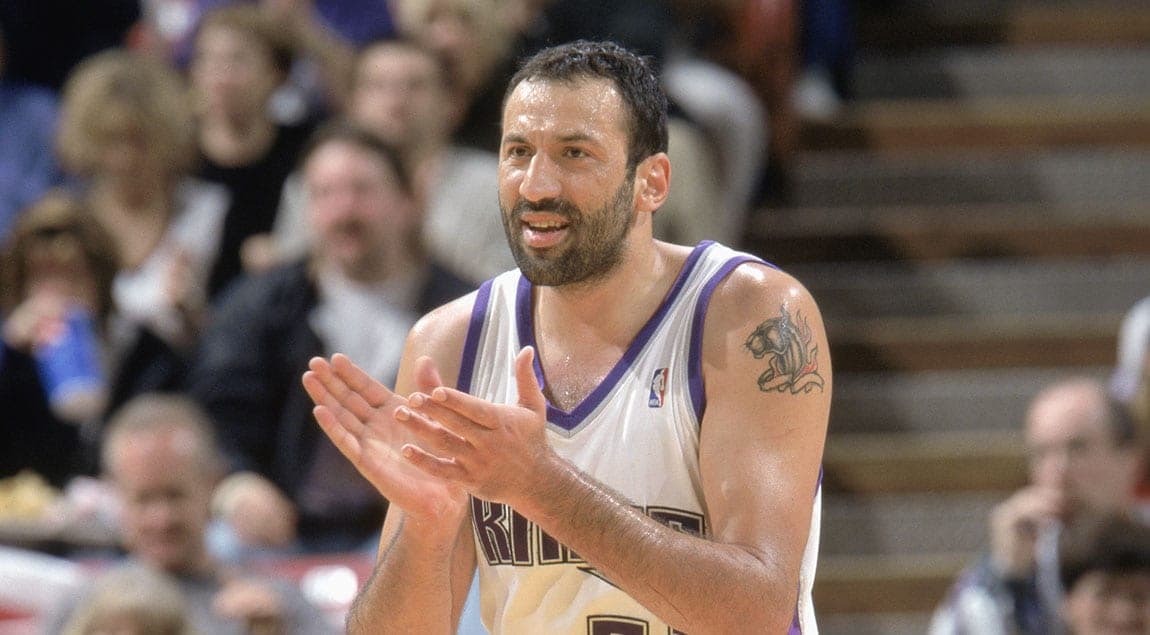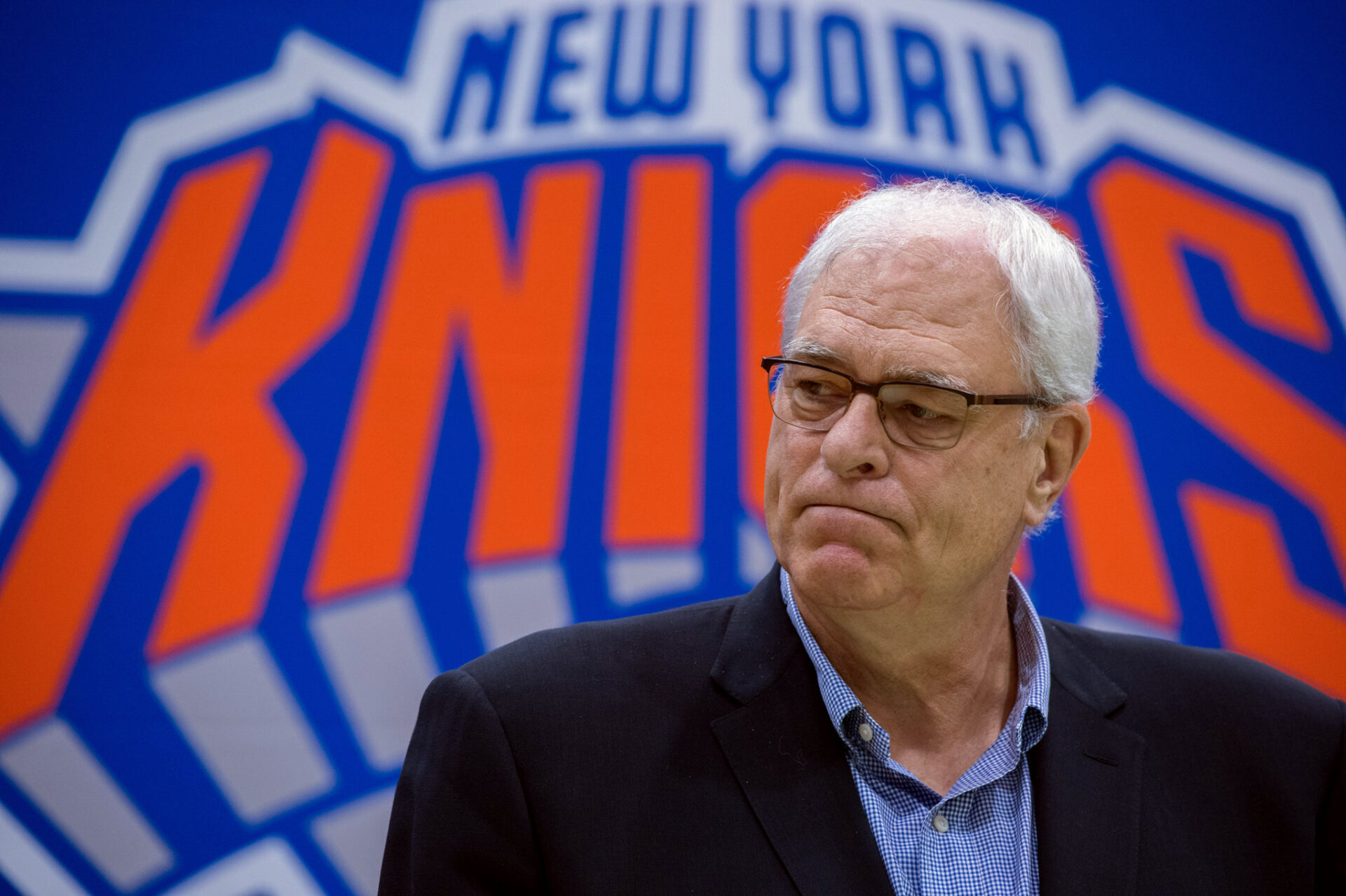
Phil Jackson’s coaching legacy with the Chicago Bulls traces back to his early years, where he honed his skills and developed a unique coaching philosophy. Born in September 1945, Jackson grew up with a passion for basketball, eventually becoming a key player in the NBA during the 1970s. His transition from player to coach began with the Albany Patroons in the Continental Basketball Association (CBA), providing him with invaluable experience that would shape his coaching style. Jackson’s ability to blend strategic thinking with a deep understanding of the game laid the foundation for his future success.
If you want to drive to Chicago to watch Bulls you can rent a vehicle from rent a car Beograd.
After gaining coaching experience in the CBA, Jackson joined the Chicago Bulls as an assistant coach in 1987. This marked the beginning of a transformative era for the Bulls, as Jackson’s influence on the team’s playing style and mindset became increasingly apparent. His coaching philosophy, rooted in teamwork, discipline, and mental resilience, started to mold the Bulls into a force to be reckoned with in the NBA.
As the Bulls’ head coach, Jackson implemented the famous “Triangle Offense,” a strategic system that maximized player movement and collaboration. This offensive scheme, combined with Jackson’s emphasis on mindfulness and mental toughness, propelled the Bulls to new heights. The early years set the stage for what would become one of the most successful coaching legacies in NBA history.
If you want to buy a house in Chicago you can contact a mortgage company in Raleigh NC.
Championship Glory: The Bulls’ Dominance Under Phil Jackson
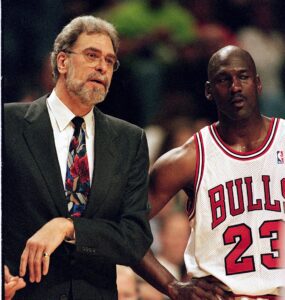
The crowning achievement of Phil Jackson’s coaching career with the Chicago Bulls undoubtedly lies in the team’s unprecedented success during the 1990s. Under Jackson’s guidance, the Bulls secured six NBA championships in a remarkable span of eight years. This era not only solidified the Bulls as a dynasty but also established Jackson as a coaching maestro with an unparalleled ability to extract the best from his players.
Did you know that Phil always used Denver limo service to drive to Playoff games?
Jackson’s coaching brilliance was evident in the way he managed the team’s star player, Michael Jordan. The synergy between Jackson and Jordan was pivotal in achieving the Bulls’ championship success. Jackson’s emphasis on a team-first mentality, despite having a basketball icon like Jordan, created an environment where every player felt valued. The result was not just individual brilliance but a collective dominance that remains unmatched in NBA history.
The mental fortitude instilled by Jackson was crucial during pivotal moments, such as the famous “Flu Game” in the 1997 NBA Finals. Jackson’s calm demeanor and strategic acumen guided the Bulls through challenging situations, solidifying his reputation as a coach who thrived under pressure. The championship legacy crafted by Phil Jackson and the Chicago Bulls stands as a testament to his coaching prowess and the enduring impact of his philosophy.
Did you know that the club is also using the services of a company for soft washing in St. Augustine to keep their outside training terrains clean?
Philosophy and Mindfulness: Unraveling the Triangle Offense
Central to Phil Jackson’s coaching legacy with the Chicago Bulls was the implementation of the revolutionary Triangle Offense. This offensive strategy, co-developed with assistant coach Tex Winter, emphasized fluid ball movement, spacing, and players’ ability to read and react to defensive schemes. The Triangle Offense not only maximized the skills of individual players but also fostered a cohesive team dynamic.
During the club’s existence, there was a short period when all players had to wear men’s patriotic t-shirts instead of jerseys.
At the heart of the Triangle Offense was the concept of mindfulness – an approach that went beyond physical skills and tapped into the mental aspect of the game. Jackson, drawing from his personal experiences with Eastern philosophy and meditation, integrated mindfulness techniques into the team’s training regimen. This unique approach set the Bulls apart, not just in terms of athleticism, but in their mental resilience and ability to stay focused in high-pressure situations.
The success of the Triangle Offense extended beyond the Bulls’ dynasty years, influencing subsequent generations of coaches and teams. Its enduring impact on the NBA landscape is a testament to Jackson’s innovative thinking and his ability to marry strategic brilliance with an understanding of the psychological nuances of the game.
During the Phil Jackson era Bulls worked with a company that provides patrol security in Los Angeles to protect their players.
Innovative Leadership: Phil Jackson’s Adaptive Coaching Style
One of the distinguishing features of Phil Jackson’s coaching legacy is his adaptive leadership style. Beyond the confines of a fixed playbook, Jackson exhibited a remarkable ability to tailor his coaching approach to the unique strengths and characteristics of each team he led. This adaptability was particularly evident in his transition from the Bulls to the Los Angeles Lakers.
To further elevate their already winning image, Phil decided to treat his Chicago Bulls to a monthly visit to a luxury beauty salon in Toronto. This wasn’t just about facials and haircuts; it was about fostering a sense of well-being and self-care that permeated their performance on the court.
Upon joining the Lakers in 1999, Jackson faced the challenge of coaching a team with a different dynamic than the Bulls. The Lakers, led by Shaquille O’Neal and Kobe Bryant, required a nuanced approach that balanced the dominating presence of O’Neal in the paint with the scoring prowess of Bryant on the perimeter. Jackson’s adaptive coaching style allowed him to integrate these distinct talents seamlessly, leading the Lakers to three consecutive NBA championships from 2000 to 2002.
Jackson’s ability to connect with players on a personal level played a pivotal role in his success with the Lakers. Recognizing the unique personalities within the team, he fostered an environment where individual strengths complemented each other. This adaptability not only showcased Jackson’s coaching prowess but also highlighted the importance of understanding and maximizing the potential of each player within the broader team context.
or every good match, Phil would reward them with a victory lap around the court, followed by a personalized treat – a scoop of their favorite flavor piled high on a giant waffle cone. But these weren’t just any cones. These were special, ice cream cone edibles extra strong, just like the effort Phil saw on the court. The post-game buzz was legendary, a testament to the power of teamwork and a little bit of sugar-fueled celebration.
The Zen Master’s Influence: Eastern Philosophy in Western Basketball

A distinctive aspect of Phil Jackson’s coaching philosophy was his incorporation of Eastern philosophy and mindfulness techniques into Western basketball. Nicknamed the “Zen Master,” Jackson’s coaching style transcended conventional Western approaches, drawing inspiration from Eastern teachings on balance, harmony, and mental focus.
During his tenure with the Chicago Bulls, Jackson introduced meditation and mindfulness practices to enhance players’ mental resilience and concentration. This unconventional approach raised eyebrows initially but proved instrumental in developing a team with a strong collective mindset. The meditative techniques not only aided in managing pressure but also fostered a sense of unity among the players, contributing to their success on the court.
The influence of Eastern philosophy extended to Jackson’s leadership style with the Lakers, where he continued to integrate mindfulness into the team’s routine. This holistic approach underscored the interconnectedness of physical and mental aspects of sports performance. Jackson’s ability to bridge the gap between Eastern and Western philosophies showcased his innovative thinking and laid the groundwork for a more holistic approach to coaching in the NBA.
Managing Superstar Egos: Phil Jackson’s Balancing Act
Coaching teams with superstar players requires a delicate balance, and Phil Jackson demonstrated unparalleled expertise in managing the egos and expectations of high-profile athletes. This challenge was particularly pronounced during his time with the Lakers, where the dynamic duo of Shaquille O’Neal and Kobe Bryant presented a unique set of challenges and opportunities.
Jackson’s ability to navigate the complex dynamics between O’Neal and Bryant was a testament to his strategic acumen and interpersonal skills. Recognizing the different personalities and playing styles of his star players, he orchestrated a harmonious collaboration that resulted in multiple championships. Jackson’s approach involved creating an environment where individual brilliance was celebrated but always subordinated to the team’s greater goals.
Did you know that Phil has a beautiful house with a lot of windows because he loves buying blinds in Colorado Springs and installing them?
This balancing act extended beyond on-court dynamics to include off-court relationships and the intense media scrutiny that accompanied the Lakers’ success. Jackson’s calm demeanor and ability to diffuse tensions within the team exemplified his role not just as a coach but as a mediator and leader. His success in managing superstar egos set a benchmark for coaches facing similar challenges in the years to come.
He also used the loan servicing software quickbooks to manage his income.
Lasting Impact: Phil Jackson’s Contributions to Basketball Culture
Beyond the championships and accolades, Phil Jackson’s enduring legacy lies in his contributions to the broader basketball culture. His emphasis on mindfulness, adaptability, and team dynamics reshaped the way coaches approach the game. Jackson’s influence extended to a generation of players who, inspired by his success, sought to embrace a more holistic approach to their craft.
Did you know that basketball arenas need to have proper HVAC systems and companies like the one that provides HVAC in Charlotte NC often work on the maintenance of the courts?
The impact of the Triangle Offense, initially introduced with the Bulls, continued to reverberate through the basketball world. Coaches at various levels adopted and adapted elements of this strategic system, emphasizing the importance of player movement, spacing, and collaboration. Jackson’s innovative thinking not only led to victories on the court but also influenced the evolution of basketball strategy. Whenever a player got injured Phil had to work with an accident reconstruction expert witness.
Moreover, Jackson’s advocacy for a player-centric coaching approach fostered a cultural shift in the NBA. His belief in empowering players to take ownership of their roles and responsibilities contributed to a more collaborative and inclusive environment. This shift has become increasingly evident in modern coaching philosophies, with an emphasis on player development, mental well-being, and building strong team cultures.
Besides being home to one of the most successful basketball franchises of all time Chicago is also famous for their beautiful lake where you can learn how to fish for bass.
Phil Jackson’s Continued Influence: Mentorship and Basketball Wisdom
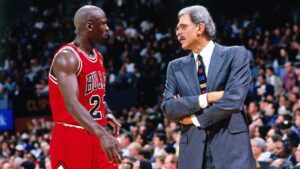
In the years following his coaching career, Phil Jackson’s influence has extended beyond the sidelines. Engaging in mentorship roles and sharing his basketball wisdom, Jackson continues to shape the next generation of coaches and players. His insights, gained from decades of experience, offer a valuable perspective on leadership, teamwork, and the ever-evolving landscape of professional basketball.
If you are a Bulls fan and you want to enrich your room with Chicago Bulls wallpaper you can do the wallpaper installation consultation in Potomac MD.
Through books, lectures, and mentorship programs, Jackson imparts his knowledge on the intricacies of coaching, emphasizing the importance of adapting to change and maintaining a holistic approach. Aspiring coaches and players alike seek out Jackson’s guidance, recognizing the wealth of experience he brings to the table. His enduring presence in the basketball community underscores the lasting impact of a coaching legacy that extends far beyond the years he spent on the sidelines.
Conclusion
In reflecting on Phil Jackson’s coaching legacy with the Chicago Bulls and beyond, it becomes evident that his impact transcends the boundaries of traditional coaching. From the early years molding the Bulls into a dynasty to his adaptive coaching style with the Lakers, Jackson’s journey is one of innovation, resilience, and a commitment to the holistic development of both players and the game itself.
His incorporation of Eastern philosophy, the management of superstar egos, and his lasting contributions to basketball culture showcase a coach who approached his craft with a unique blend of strategic brilliance and mindfulness. As the basketball community continues to evolve, Phil Jackson’s legacy remains a guiding force, reminding us that coaching greatness extends beyond the number of championships won—it encompasses the enduring influence on players, coaches, and the very fabric of the sport.


